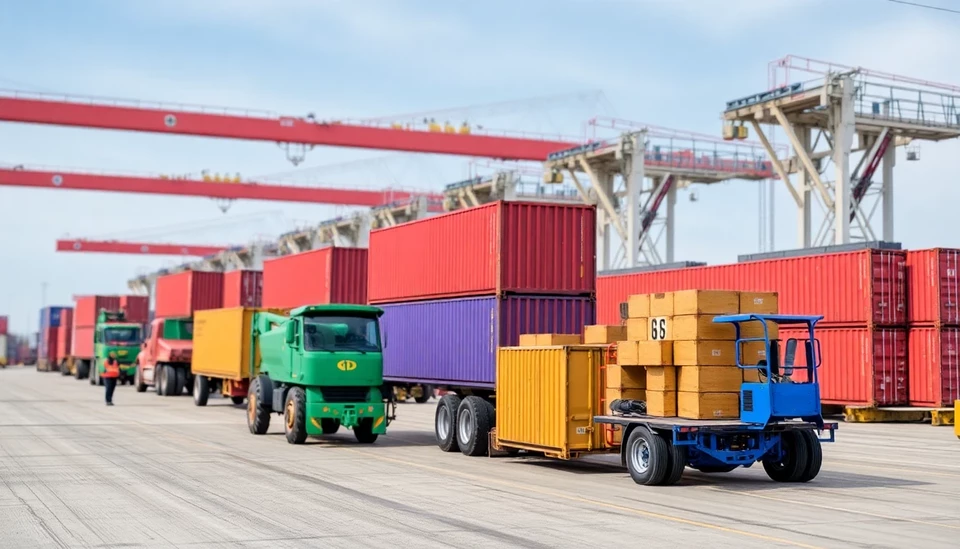
In recent times, tariffs have emerged as a crucial topic of discussion in the realm of international trade, especially given the evolving dynamics of global economies. Tariffs, which are essentially taxes imposed on imported goods, have profound implications on pricing, consumer behavior, and the broader economic landscape. Understanding how tariffs operate is key to grasping their potential consequences on both domestic and international markets.
At their core, tariffs are designed to protect domestic industries from foreign competition by making imported goods more expensive. For instance, when a government imposes a tariff on a specific product, the cost increases for importers and ultimately for consumers. This increase can lead to consumers opting for more expensive domestic alternatives, thus supporting local businesses. However, the benefits of such protectionist measures are often met with significant drawbacks.
Aside from elevating prices for consumers, tariffs can lead to trade disputes and retaliatory actions from affected countries. For example, if one nation imposes tariffs on imports from another, the latter may respond by implementing its own tariffs, leading to a cycle of economic strain. This tit-for-tat scenario can escalate into broader trade wars, disrupting not just the involved countries but also global supply chains.
Furthermore, while tariffs may aid certain sectors in the short term, they could hinder innovation and competitiveness in the long run. Domestic companies shielded from international competition might lack the incentive to improve their products or reduce costs, ultimately diminishing the overall quality and variety available to consumers. This stagnation could place economies at a disadvantage in the global market, where innovation and efficiency are critical.
Economists argue that while tariffs can serve as a tool for protecting specific industries, their long-term consequences often outweigh their short-term gains. Reducing tariffs could foster more robust international trade relationships and encourage economic growth. However, this approach requires a balance, as countries must still protect vital industries without provoking trade conflicts.
In light of these considerations, it becomes imperative for policymakers to weigh the potential benefits of tariffs against their broader economic impact. Sustainable trade policies should aim to facilitate fair competition and promote collaboration among nations rather than sow discord. As the global economy continues to evolve, understanding the mechanisms and ramifications of tariffs will play a crucial role in shaping future trade relations.
As consumers and governments navigate this complex landscape, remaining informed about tariffs and their consequences will be essential. The ongoing debates surrounding trade policies will undoubtedly influence the economic fortunes of nations worldwide, making this a vital area of focus for businesses, policymakers, and consumers alike.
In conclusion, the multifaceted effects of tariffs on global trade require a nuanced approach to policy-making, taking into account both immediate benefits and long-term sustainability. The consequences of tariffs extend beyond mere economics, influencing diplomatic relations and the fabric of global commerce.
#Tariffs #GlobalTrade #Economics #TradeWars #PolicyMaking #InternationalRelations #ConsumerImpact
Author: Rachel Greene




